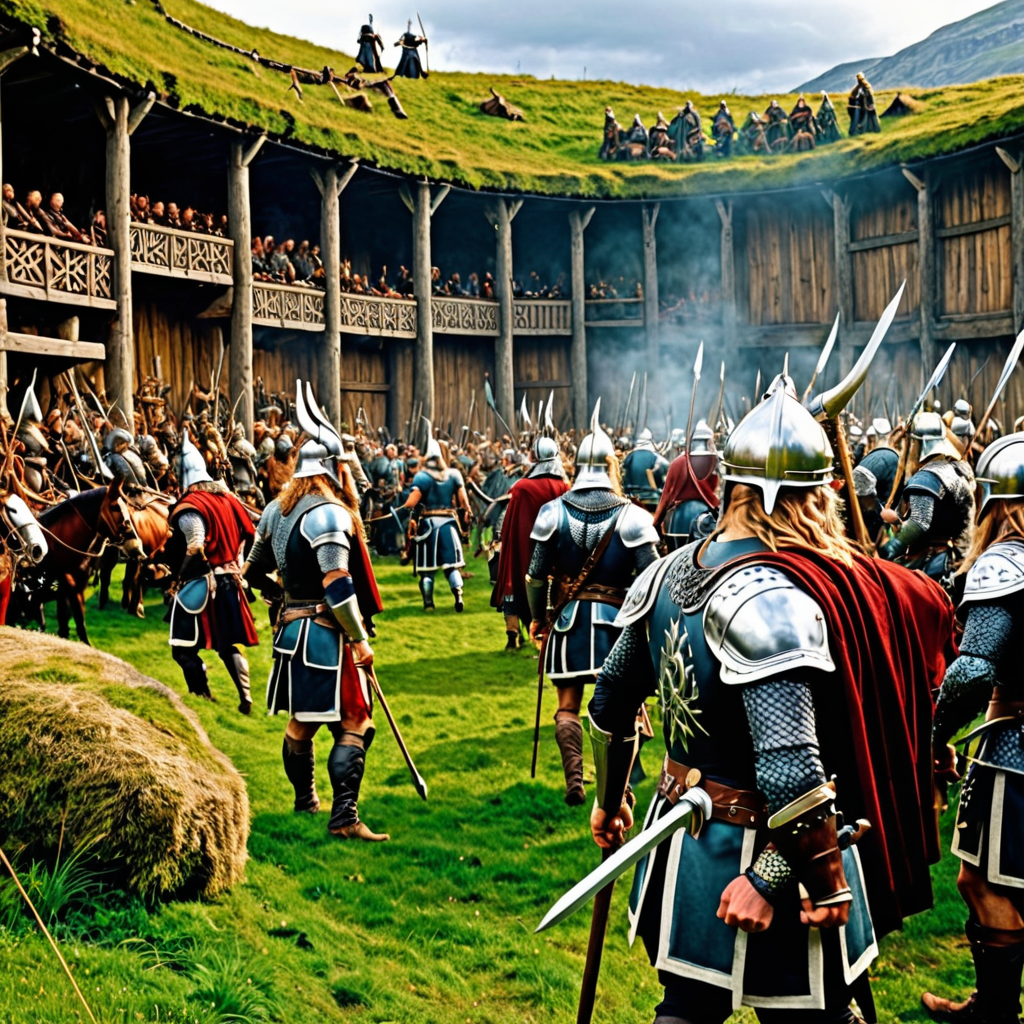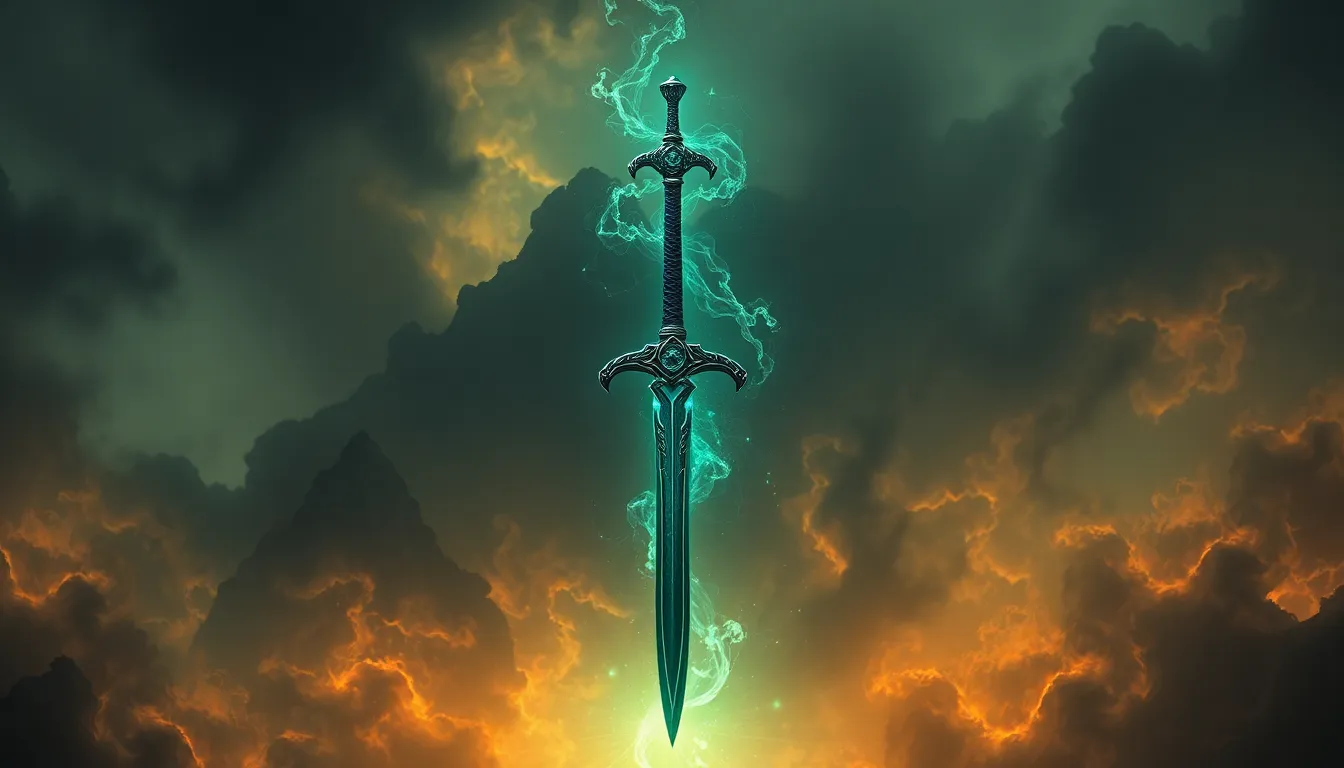The Influence of Norse Mythology on Norse Exploration and Colonization
Exploring the Roots of Norse Exploration and Colonization
Norse mythology, deeply intertwined with the culture and beliefs of the ancient Norse people, played a significant role in shaping their worldview, ambitions, and actions, including exploration and colonization endeavors. The mythological tales of gods, heroes, and cosmology influenced how the Norse perceived the world around them and fueled their ambitions for discovery and expansion.
The Role of Mythology in Norse Exploration
Odin, the Allfather in Norse mythology, was often associated with wisdom, knowledge, and the pursuit of hidden truths. His relentless quest for knowledge inspired Norse explorers to set sail into the unknown, seeking new lands, opportunities, and the acquisition of wisdom akin to their revered deity. The belief in the existence of uncharted realms beyond the known world encouraged Norse seafarers to venture far from their homelands.
Colonization and the Norse Mythological Worldview
Mythological beliefs in realms such as Asgard, home of the gods, and Midgard, the world of humans, instilled in the Norse a sense of divine purpose and destiny. The idea that they were part of a larger cosmic narrative, depicted in their myths, inspired them to establish colonies in distant lands, mirroring the divine order imagined in their stories. Colonization became a manifestation of their mythological beliefs in shaping the world to reflect cosmic balance.
Legacy of Norse Mythology in Exploration and Colonization
While Norse mythology directly influenced the exploratory and expansionist actions of the Vikings, its impact extends beyond their era. The enduring legacy of Norse mythology can be seen in the cultural remnants left by Norse explorers in regions they settled, such as Iceland, Greenland, and parts of North America. The mythological roots of their endeavors continue to be studied and celebrated today, highlighting the profound influence of folklore on historical events.
FAQs on the Influence of Norse Mythology on Norse Exploration and Colonization
What role did Norse mythology play in Norse exploration?
Norse mythology, with tales of gods, creation, and heroic feats, inspired Norse explorers by instilling a sense of adventure and destiny. The belief in gods like Odin, associated with wisdom and war, may have motivated explorers seeking knowledge and conquest.
How did Norse mythology influence Norse colonization?
Norse mythology’s themes of expansion, bravery, and discovery likely influenced Norse colonization efforts. The belief in lands beyond the known world, such as Asgard and Midgard, could have fueled the Norse desire to seek and settle new territories.
Did Norse mythological beliefs impact Norse navigational skills?
Some scholars suggest that Norse mythological stories, which often involved journeys across vast seas and unknown lands, may have influenced Norse navigational skills. The lore of sea-faring gods like Njord and Aegir possibly inspired Norse sailors in their exploratory ventures.



